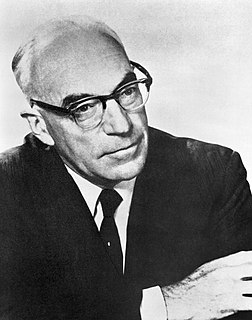A Quote by Edward de Bono
It is historical continuity that maintains most assumptions,
not repeated assessment of their validity.
Quote Topics
Related Quotes
I was trained as a philosopher never to put philosophers and their ideas into historical contexts, since historical context has nothing to do with the validity of the philosopher's positions. I agree that assessing validity and contextualizing historically are two entirely distinct matters and not to be confused with one another. And yet that firm distinction doesn't lead me to endorse the usual way in which history of philosophy is presented.
This general tendency to eliminate, by means of unverifiable speculations, the limits of the categories nature presents to us is the inheritance of biology from The Origin of Species. To establish the continuity required by theory, historical arguments are invoked, even though historical evidence is lacking. Thus are engendered those fragile towers of hypothesis based on hypothesis, where fact and fiction intermingle in an inextricable confusion.
If others tell us something we make assumptions, and if they don't tell us something we make assumptions to fulfill our need to know and to replace the need to communicate. Even if we hear something and we don't understand we make assumptions about what it means and then believe the assumptions. We make all sorts of assumptions because we don't have the courage to ask questions.
We have a tendency to make assumptions about everything! The problem with making assumptions is that we believe they are truth. We could swear they are real. We make assumptions about what others are doing or thinking-we take it personally-then we blame them and react by sending emotional poison in our word. That is why whenever we make assumptions, we're asking for problems. We make assumptions, we misunderstand, we take it personally, and we end up creating a whole big drama for nothing.
Reviewing the record of American intervention in Indochina in the Pentagon Papers, one cannot fail to be struck by the continuity of basic assumptions from one administration to the next. Never has there been the slightest deviation from the principle that a noncommunist regime must be imposed and defended, regardless of popular sentiment.
Dialogue is a space where we may see the assumptions which lay beneath the surface of our thoughts, assumptions which drive us, assumptions around which we build organizations, create economies, form nations and religions. These assumptions become habitual, mental habits that drive us, confuse us and prevent our responding intelligently to the challenges we face every day.




































